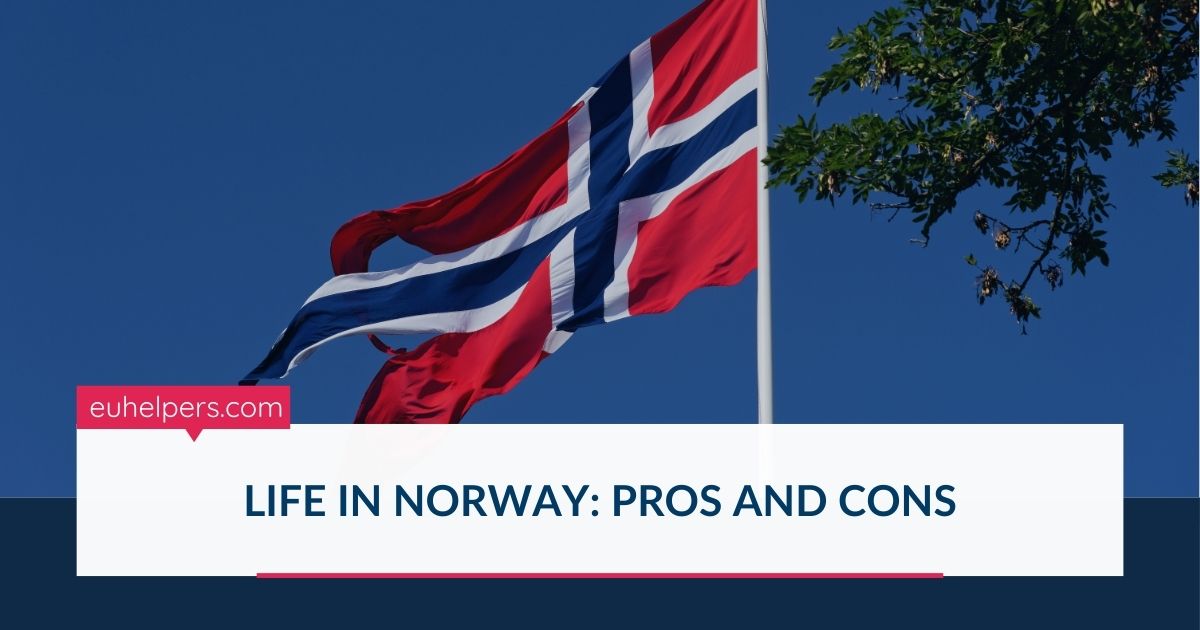Norway is renowned for its exceptional standard of living, consistently ranking among the most developed countries in the world. With some of the highest wages in Europe and a robust social welfare system, it offers its residents a high degree of financial security. However, like any country, Norway also presents certain challenges that individuals considering moving there should be aware of.
Advantages of Living in Norway
1. Balanced Cost of Living and Income:
One of the main benefits of residing in Norway is the proportionality between earnings and living expenses. Although the country is known for its high prices, the wages generally reflect the cost of living, allowing most residents to maintain a comfortable lifestyle.
2. High Level of Safety:
Norway consistently ranks as one of the safest countries in the world. Low crime rates, a strong legal system, and a stable political environment contribute to a sense of security for both locals and expatriates.
3. Closeness to Nature:
For nature enthusiasts, Norway is a dream destination. The country boasts stunning landscapes, from majestic fjords and mountains to vast forests and scenic coastlines. Outdoor activities such as hiking, skiing, and fishing are popular and easily accessible.
4. Stable Pension System:
Norway offers a reliable pension scheme, ensuring financial stability for retirees. The system is designed to provide citizens with a decent standard of living during their retirement years, making it an attractive destination for long-term residency.
Challenges of Living in Norway
1. Geographical Distance and Isolation:
Norway’s location in the far north of Europe makes it somewhat isolated. Traveling to other countries often involves long distances and higher travel costs, which can be a drawback for those who enjoy frequent international trips.
2. Harsh Climate:
The Norwegian climate can be challenging, especially for those unaccustomed to cold weather. Winters are long, dark, and often harsh, with heavy snowfall and low temperatures, particularly in the northern regions.
3. High Tax Rates:
While Norway offers excellent public services, it comes at the cost of high taxation. Both income tax and VAT rates are substantial, which can significantly impact disposable income.
4. Language Barrier:
Although many Norwegians speak English, learning Norwegian is essential for those planning to settle permanently. Proficiency in the local language is often necessary for securing better job opportunities and fully integrating into society.
5. Limited Healthcare Coverage:
While Norway has a strong healthcare system, social insurance does not cover all medical expenses. Residents are often required to pay out-of-pocket for certain services, and waiting times for specialist care can be lengthy.
Living in Norway offers a high quality of life, with financial stability, safety, and access to nature being key highlights. However, potential residents should also consider the challenges, such as the climate, high taxes, and language requirements. For those prepared to embrace both the benefits and the drawbacks, Norway can be an incredibly rewarding place to call home.

